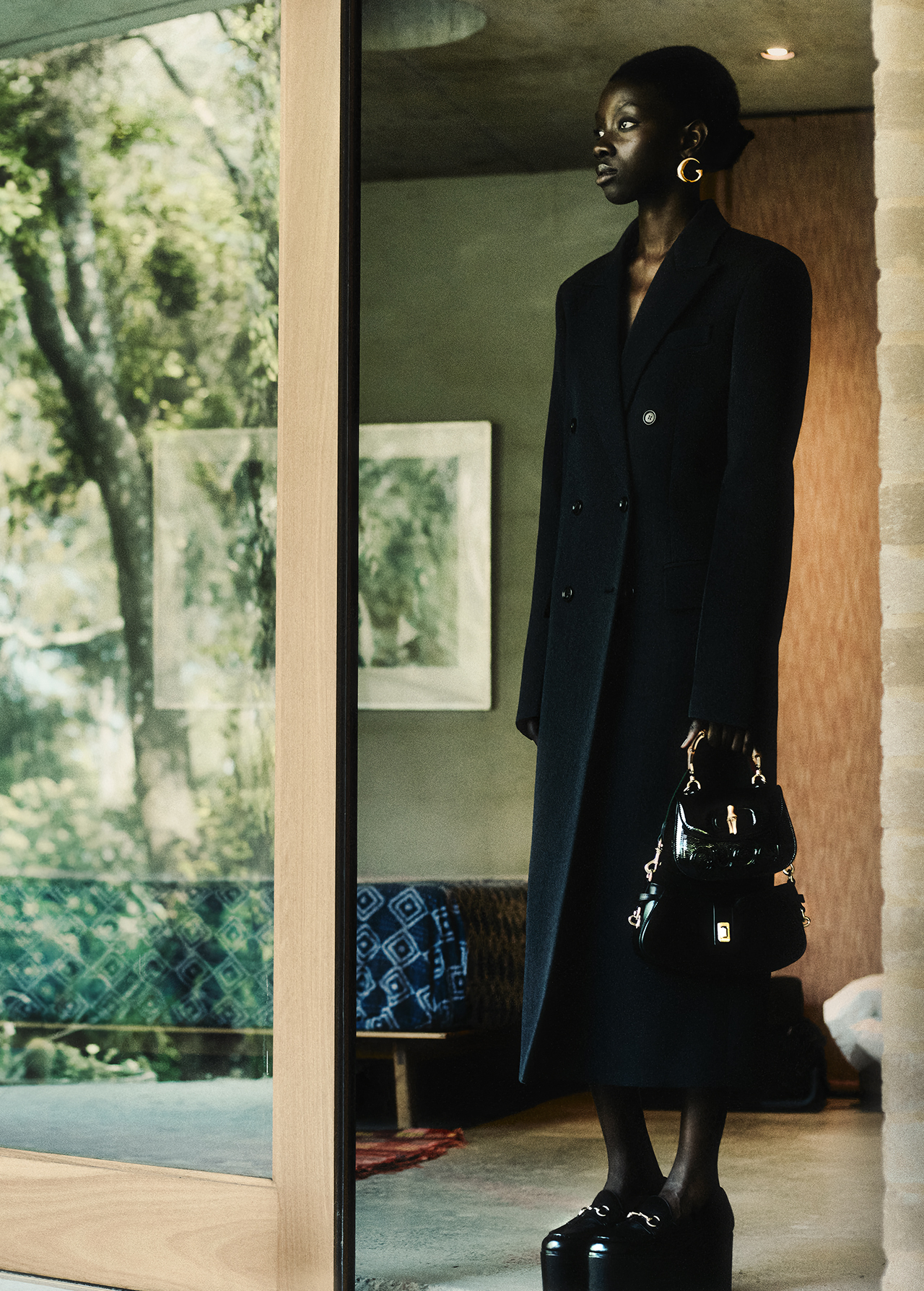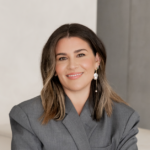News feed

From a young age, we’re conditioned to believe that hard work equals worthiness and success; the harder we work, the more successful we will become. Healthy boundaries and self-awareness are not really subjects taught in primary schools. In fact, boundary setting is generally discouraged. Indeed between the lack of foundations built as children–notions that carry over into adulthood–and the fact that as a society we are largely operating on an outdated 9-5 work practice, it’s little surprise over 80 percent of Australian employees are at risk of Burnout this year.
A syndrome resulting from chronic workplace stress that has not been successfully managed, Burnout is a state of physical, emotional and mental exhaustion. While it can affect everybody differently, physically, one can feel constantly fatigued, experience headaches, migraines, digestive and stomach issues, and insomnia. Emotionally, one might feel like they’re riding a rollercoaster, with high-highs and low-lows. They may feel depressed, detached from the world and unmotivated. This can manifest into procrastination, irritability and a reduced level of productivity.
Interestingly, Burnout is not only caused by the workplace, it can also be a product of unhealthy friendships, relationships, children, home responsibilities and digital overstimulation. Some years ago, I quit my job. Not only did that mean I had no means of income or financial stability, it also meant I lost a huge part of my identity. Over the following two years I birthed two children, moved halfway across the globe, separated from my long-term partner and became a single, full-time working mum. I was beyond depleted. I was the walking dictionary definition of being totally burnt out.

A few months ago, I came across New York-based writer and creator, Madison Utendahl, who recently started a Substack titled BURNT. A deft hub of articles which speak to the reader who is sick of faking ‘fine’, Utendahl shares her own Burnout struggles as an employer, consultant and employee–and her recovery tips.
“We feel unworthy of setting boundaries,” Utendahl tells GRAZIA. “This lack of self-worth prevents people from making necessary changes, such as finding a new job or setting limits at work.”
“It’s also this idea that you are not worthy of idle time,” she continues. “That you are not worthy of saying no. Or creating a sense of safety for yourself in your work environment. I think that if we knew our worth, we would probably have less Burnout.”
Utendahl has endured chronic Burnout for most of her career. While each role she has taken on has presented its own unique challenges, the underlying symptoms of Burnout have remained consistent. Utendahl got to a point where she realised each episode’s common denominator: she was prioritising her professional responsibilities over her wellbeing. Cue: extreme fatigue, chronic stomach issues and brain fog. At Burnout’s most severe, Utendahl was hospitalised.
So, why are we allowing ourselves to become burnt out? Ahead, GRAZIA sits down with Utendahl to get clued up on the link between burnout, boundary setting and self-worth, and list some simple steps you can take to reduce Burnout and regain control of your physical and mental health.
Burnout is not a bad word
I think people haven’t been given the opportunity to talk about Burnout because of societal judgements. As mothers, it’s now OK to acknowledge that you can love your kids and can still be burnt out by them. It doesn’t mean you’re a bad mum.”
Speak up, seek support and be honest
Accountability partners are massive. So, is the vocalisation that you’re burnt out to your friends or peers? You’re less likely to fall back into it if people know you no longer want to tolerate Burnout.
Create Silence
Just let your mind and body settle and sit in the silence and awkwardness. It can be five minutes, even if it’s taking a shower. Just use that time to think and wonder–don’t listen to a podcast or music.
Minimise Multi-Tasking
I used to pride myself on being the queen of multitasking. Now that I am healing from Burnout I’m not multitasking. I used to think I should make the most of my time. Listening to a podcast in the shower, scrolling the news on the way to work, looking at Instagram, as a result your resources and energy buckets have been depleted.
Clean Out Your Calendar
I’m really taking a second and looking at every single thing I have in my calendar and asking, ‘is this a hell yes or is this a hell no?
Carve Out Time To Do Your (Actual) Work
Mark Cuban, who’s a billionaire, doesn’t take meetings. He exclusively communicates within the first five hours of when he wakes up via email, and that is it. Because he needs the other time to actually do his work.
Meditate
I really believe in meditation apps Insight Timer and Chopra. I think it’s really hard for most people to just sit down and meditate, but having these apps have been really helpful in guiding me.
Block Distracting Communication
There’s a magnet called a BRICK, which you can set to block apps on your phone. My work setting means that my LinkedIn and Instagram are blocked. When I go to bed, all communication is blocked including emails, news. Everything except phone calls.
Listen To Your Body
I’ve recently invested in an Oura Ring that’s been really helpful for me. It tells me if I’m stressed out, how much I’ve slept and all of the hardcore biometrics that show you that you need to calm down and change your life.






